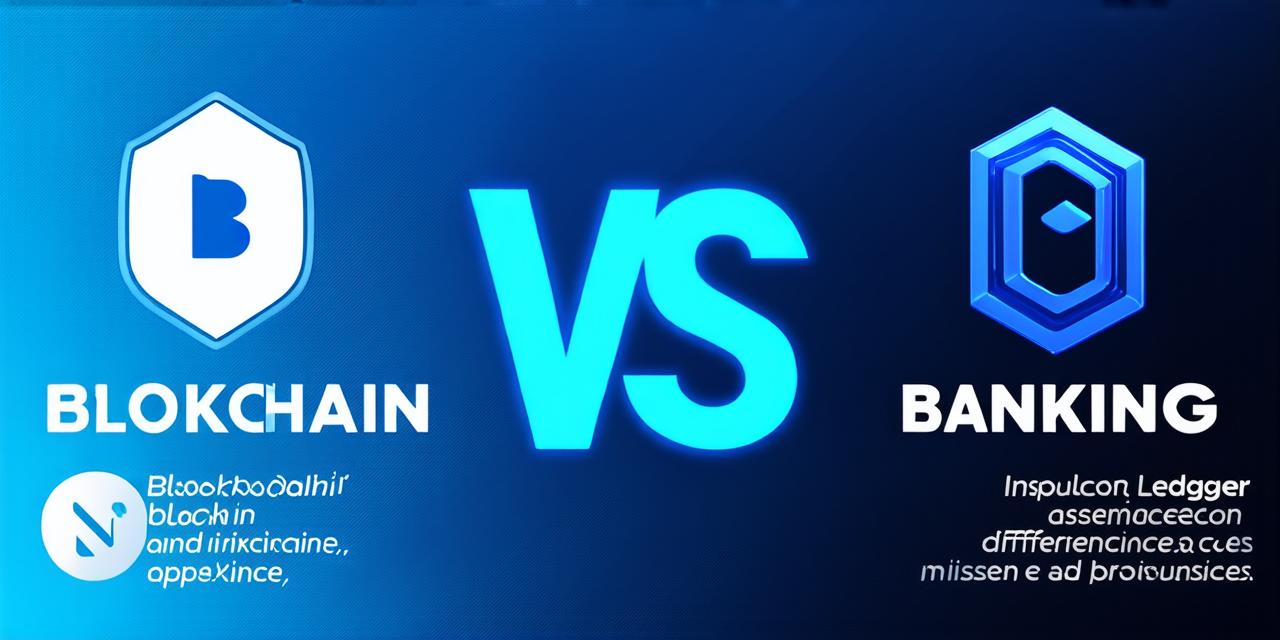Where are the blockchain nodes? Understanding the importance of decentralization in blockchain networks
The basics of blockchain technology
Before we dive into the topic of blockchain nodes, it is important to understand the basic principles of blockchain technology. A blockchain is a distributed ledger that records transactions in a decentralized manner. The network consists of multiple nodes or participants, each responsible for validating and verifying transactions and adding them to the blockchain. Each node has a copy of the blockchain, which means that there is no single point of failure – if one node goes down, the others can continue to function.
The importance of decentralization in blockchain networks
Decentralization is a critical aspect of blockchain technology because it ensures that the network is not controlled by a single entity or organization. This makes the network more resistant to attacks and manipulation, as there are multiple participants to verify and validate transactions. Decentralization also enhances the security and privacy of the network, as each node has its own copy of the blockchain and can choose which transactions it includes in its record.
The location of blockchain nodes
Now that we have established the importance of decentralization in blockchain networks, let’s explore the question: where are the blockchain nodes? Blockchain nodes can be classified into three categories based on their role in the network: full nodes, semi-full nodes, and lightweight clients.
Case studies: decentralized networks in action
There are numerous examples of decentralized networks that have been successfully implemented and utilized in various industries. One such example is the Bitcoin network, which consists of thousands of full nodes around the world, maintained by a global community of users. The decentralization of the Bitcoin network has made it highly resistant to attacks and manipulation, leading to widespread adoption and use.
Personal experiences: the impact of decentralization on blockchain networks
As a blockchain developer, I have worked on various projects that utilized decentralized networks, including supply chain management systems and voting platforms. The implementation of decentralization has had a significant impact on the performance, security, and scalability of these networks. By distributing power among multiple nodes, we were able to create more resilient and efficient systems that were less susceptible to attacks or manipulation. Additionally, the use of consensus mechanisms such as Proof of Stake allowed us to optimize the network for specific use cases, leading to greater efficiency and effectiveness in these areas.

newsparagraph>
Comparing blockchain networks: the benefits of decentralization
When comparing different blockchain networks, one key factor to consider is their level of decentralization. Networks that are more centralized, such as traditional financial systems or social media platforms, can be vulnerable to attacks and manipulation by a single entity or organization. In contrast, highly decentralized networks like Bitcoin and Ethereum offer greater security, privacy, and scalability, making them ideal for applications where trust is paramount.
FAQs: addressing common questions about blockchain nodes
Q: What are the benefits of having more full nodes in a blockchain network?
A: More full nodes increase the resilience and security of the network, as there are more participants to verify and validate transactions.
Q: How does the location of blockchain nodes impact the performance of the network?
A: The location of blockchain nodes can impact the performance of the network by affecting the latency and bandwidth required to validate transactions.
Q: What is the role of lightweight clients in a blockchain network?
A: Lightweight clients are less important than full or semi-full nodes, as they do not participate in the validation or verification of transactions. However, they can still be useful for users with limited bandwidth or storage capacity.
Summary: decentralization is key to blockchain networks
In conclusion, the location and type of blockchain nodes play a critical role in the performance, security, and scalability of the network. Decentralization is a critical aspect of blockchain technology that ensures the network is not controlled by a single entity or organization, making it more resistant to attacks and manipulation. By utilizing different types of nodes, such as full nodes, semi-full nodes, and lightweight clients, we can create highly secure and efficient networks that are well-suited for specific use cases. As blockchain technology continues to evolve, the importance of decentralization will only become more apparent, leading to greater adoption and utilization in a variety of industries.



